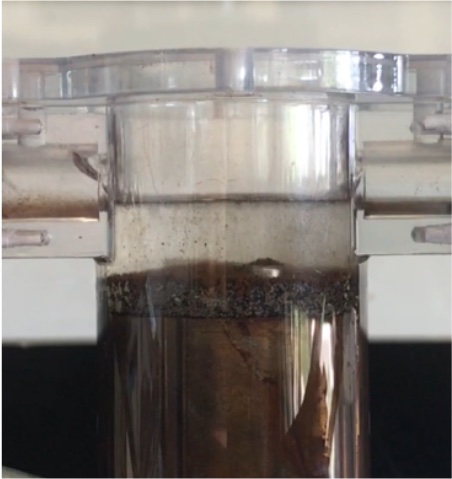Demonstration of Multiphase Microfluidics for Chemical Analysis Systems
PI: Aaron Noell, Fernanda Mora (Co-I), NASA/Jet Propulsion Laboratory
PI: Aaron Noell, Fernanda Mora (Co-I), NASA/Jet Propulsion Laboratory

- NA
Microfluidic systems are an established approach to moving small volumes of fluid for precision chemical analysis via primarily capillary driven flow and are hence insensitive to gravity. However, in some cases, both the gas and liquid phase need to be present at the same time in a reservoir. These multiphase reservoirs are sensitive to gravity, and technologies need to be designed and proven for these multiphase applications. This technology seeks to address that challenge by designing the shape and surface wetting properties of the interior volume of the reservoirs to promote bubble migration to desired regions.
This work aims to advance the state of the art by demonstrating that end-to-end fluidic systems, including multiphase reservoirs, are suitable for chemical analysis missions at any gravity level. In combination with other planned environmental testing, this will raise the system technology readiness level (TRL) to 6.
· NASA
· Commercial resource prospectors
Technology Details
-
Selection DateINTERNAL2021
-
Program StatusActive
- 0 sRLV
Development Team
-
PIAaron Noell
-
PI Organization
-
Co-IFernanda Mora
-
Co-I Organization
-
Sponsor

